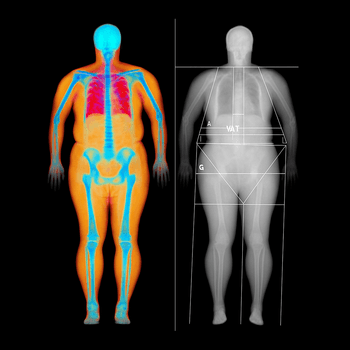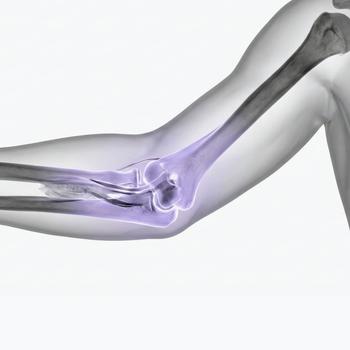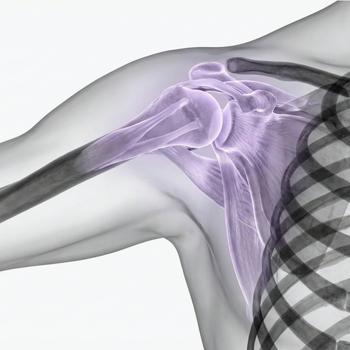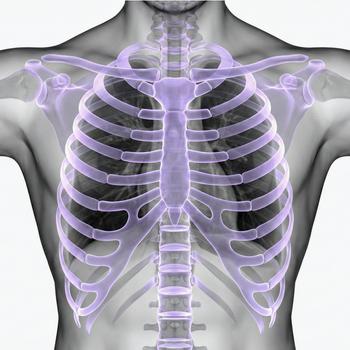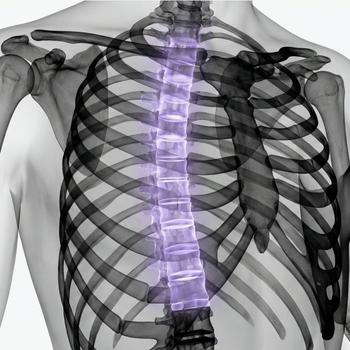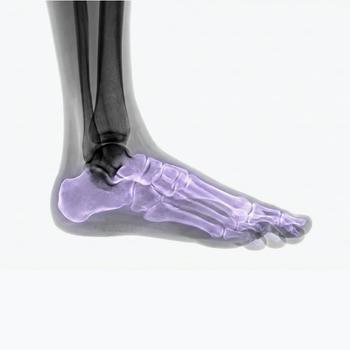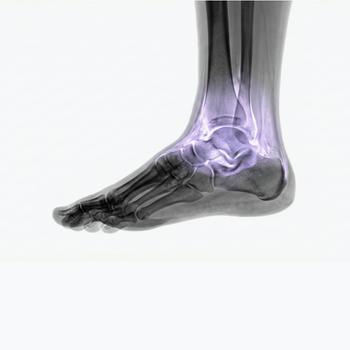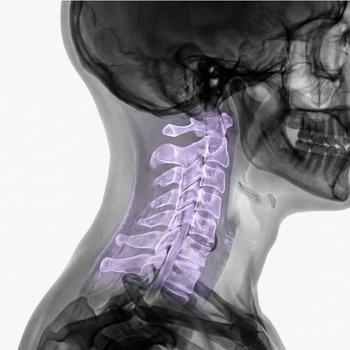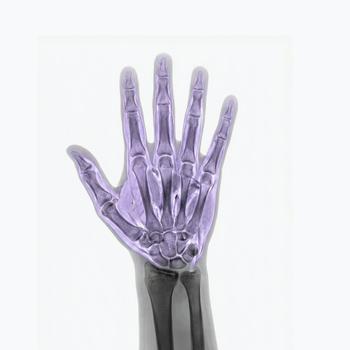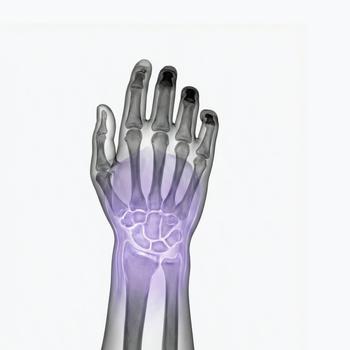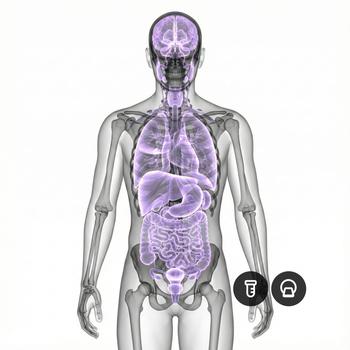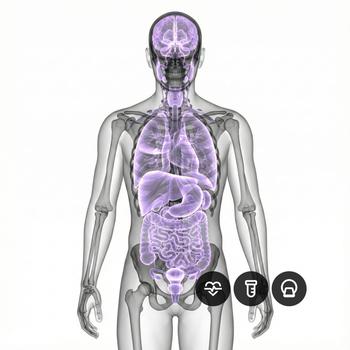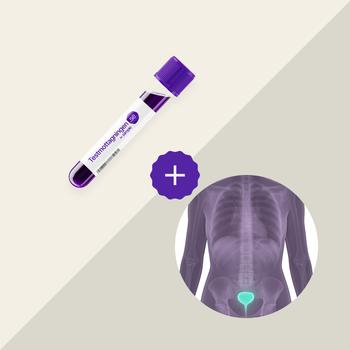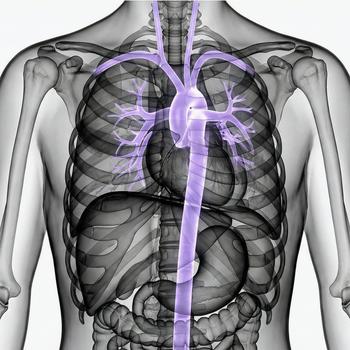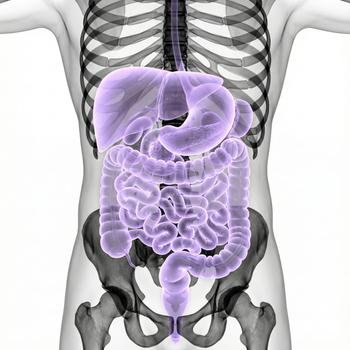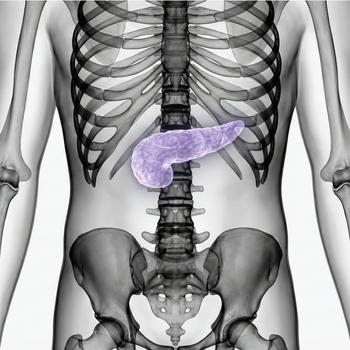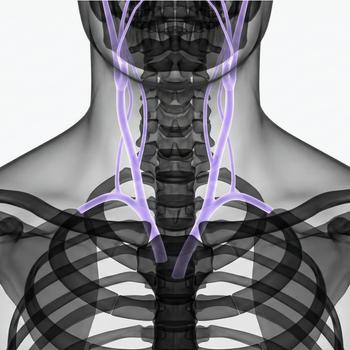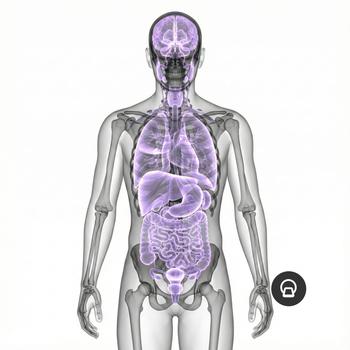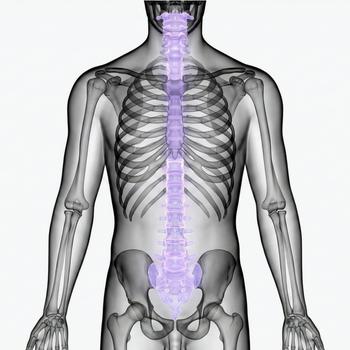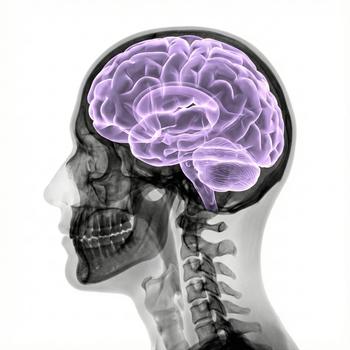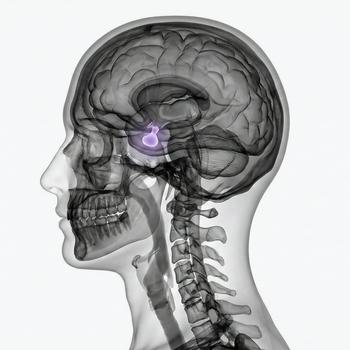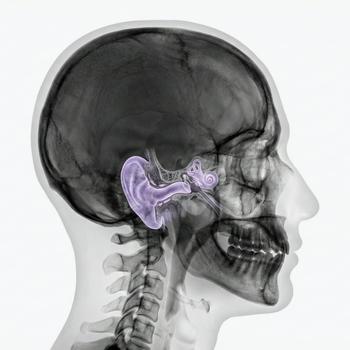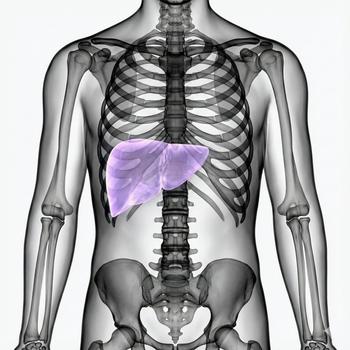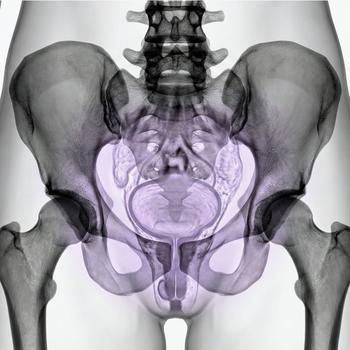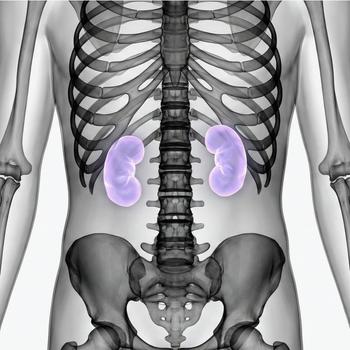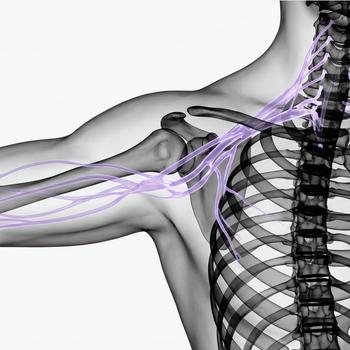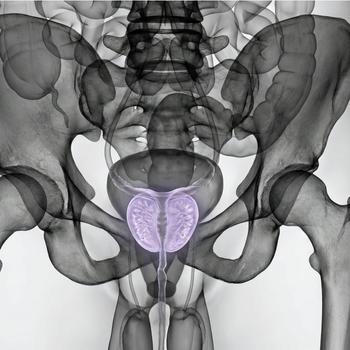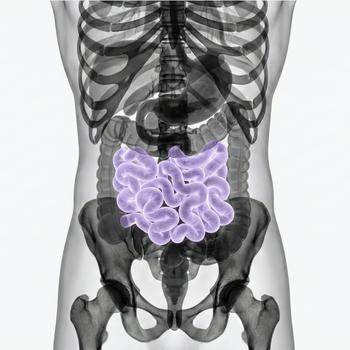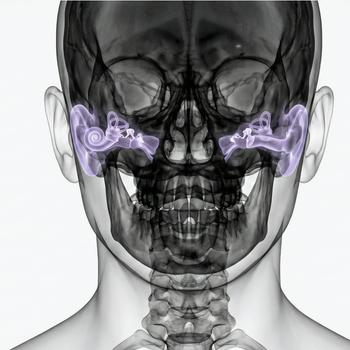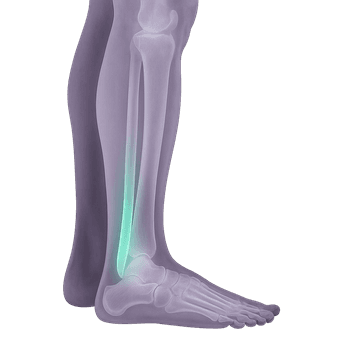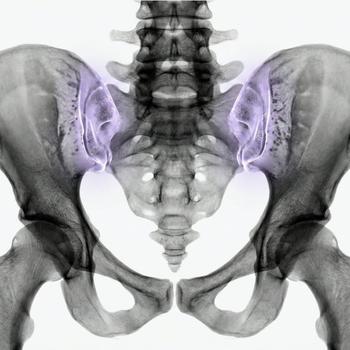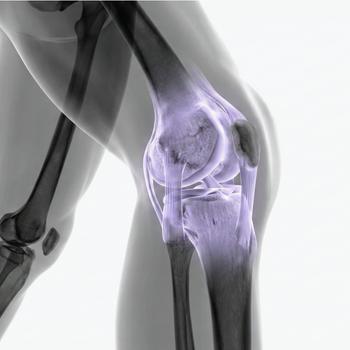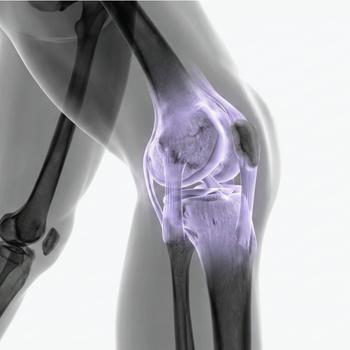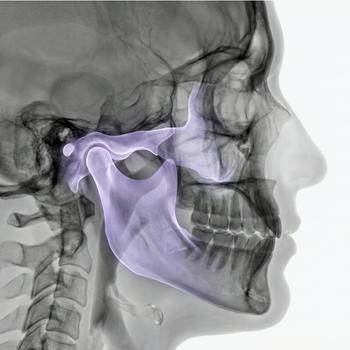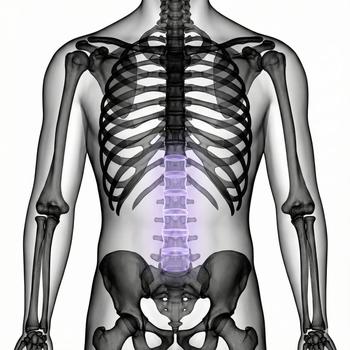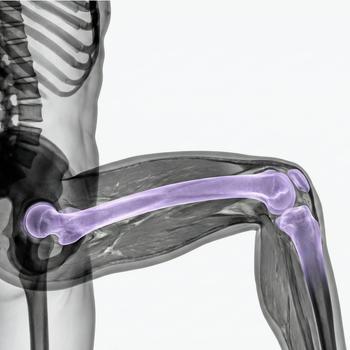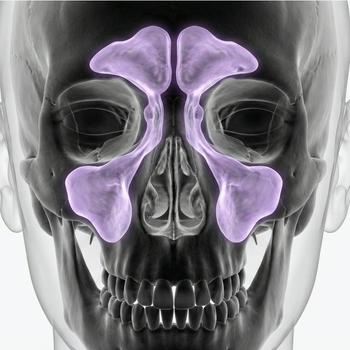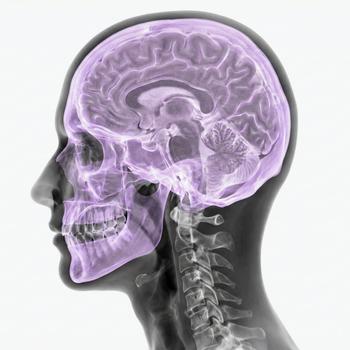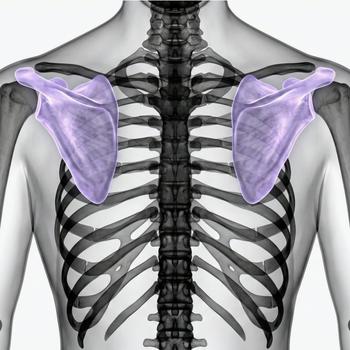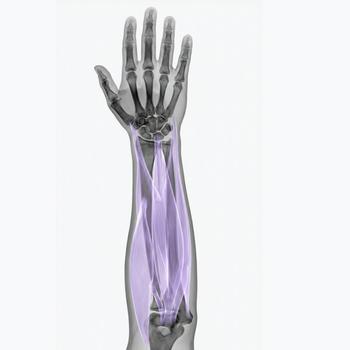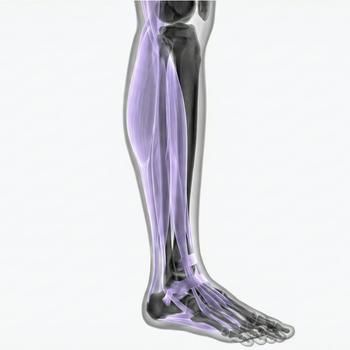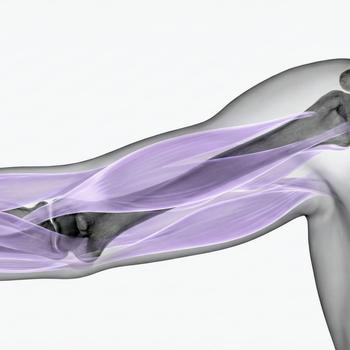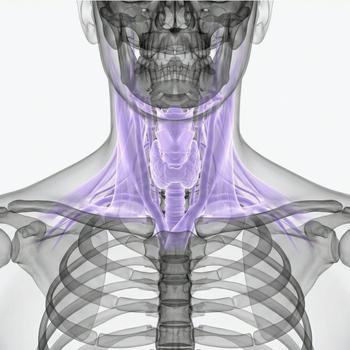MRI of the Shoulder Blade - Examination for pain, inflammation or suspected injury
The shoulder blade (scapula) is a central part of the shoulder that works with the humerus and clavicle to enable movements such as lifting, rotation and stabilization of the shoulder. Problems with the shoulder blade can be due to overload, sports injury, inflammation or nerve damage. Since the area consists of both skeleton, joints, muscle attachments and tendons, it can be difficult to determine the cause of the symptoms without advanced imaging diagnostics.
With a magnetic resonance imaging (MRI) examination of the shoulder blade, you get a detailed image of the bones, muscles, tendons, cartilage, ligaments and surrounding soft tissues. The examination is completely radiation-free, painless and particularly valuable in cases of long-term or recurring shoulder blade pain, suspected injury or unexplained symptoms.
When is an MRI of the shoulder blade recommended?
An MRI of the shoulder blade is recommended when the pain does not go away, recurs despite treatment, or affects the function of the shoulder. It can also be decisive if other examination methods (such as X-rays or ultrasound) have not provided sufficient information.
Common symptoms and complaints that may justify an MRI of the shoulder blade
- Long-lasting or recurring pain in the shoulder blade or shoulder area.
- Radiating pain to the neck, shoulder, or arm.
- Swelling, stiffness, or cracking sounds when moving.
- Numbness, tingling, or loss of sensation in the shoulder region or arm.
- Reduced mobility or muscle weakness.
- Suspected muscle or tendon injury.
- Unexplained pain or suspicion of inflammation, infection or tumor.
Conditions when an MRI of the scapula may be considered
- Muscle injuries including ruptures or injuries to the rotator cuff attachments.
- Tendon injuries and tendon inflammations e.g. tendinitis in the attachments to the scapula.
- Cartilage and joint changes degradation, osteoarthritis or instability.
- Inflammatory conditions e.g. bursitis (inflammation of the bursa).
- Nerve compression which can cause radiating pain or loss of sensation.
- Trauma fractures or injuries after an accident or sports.
- Infection or tumor when there is suspicion of an underlying serious illness.
Book an MRI of the shoulder blade, we will send a referral the same day
An MRI of the shoulder blade can be a good first step to identify the possible cause of your problems and be used as a basis for planning the right treatment. The examination is painless, takes about 20–30 minutes and is performed without radiation. After the examination, the images are reviewed by a radiologist and you will also receive a written opinion from a general practitioner who you can ask questions to.























